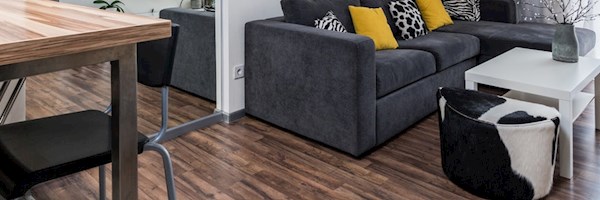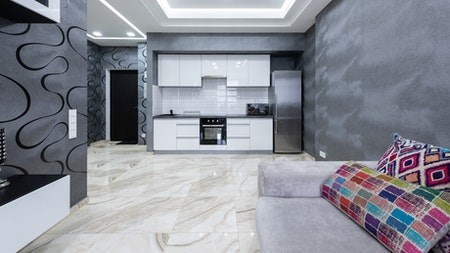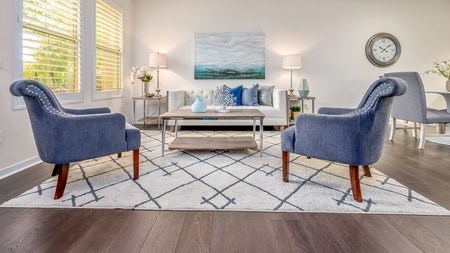Security is an important amenity for any home. It puts homeowners' minds at ease when safety precautions are soundly in place and ensures your insurance cover.
Modern home security systems have become more affordable, easier to install, and are accessible from the tips of homeowners' fingers no matter their location. Security systems help keep unwanted visitors outside our homes' parameters and keep our families safe.
Surveillance and more traditional structures can help homeowners sleep better at night. With so many options currently flooding the market, it can be overwhelming to settle on a solution ideally suited for your needs. Taking the first step to invest in a security measurement can only lead to making more informed decisions.
We asked padlock specialist at IB McIntyre & Co. and Master Lock SA, Colin Harding, about the better choices to make and mishaps that can cross homeowners' paths when they are in the process of improving their home security.
Here are Harding' Best Tips for Securing Your Home:
- Rule number one: lock up. It's sad to understand that it's simply not safe to leave any item left unguarded to midnight (and daylight) vices. Don't be too hard on yourself when wanting to refine your security system—taking the first step to safeguard the things and people important to you already puts you on the right track.
- Keep your property neat and tidy. The less unwanted visitors are able to see, the more there is to attract interest. If it's security beams you are looking to incorporate, bushy parameters can deter its effectiveness. Being transparent about your security measurements to onlookers also sends a clear message that you are prepared.
- If you're serious about security, consult with a professional. Filtering what you need with an expert at hand may save you unwanted expenses.
- Invest more in a quality padlock. Consider location, the value of the items you want to secure, and the barricade (e.g. a door) to void access. The higher the value of the items, the higher your lock's SANS rating should be. The rating should be clearly displayed on the packaging.
- If you live on your own and enjoy the lock-up-and-go feature or have nowhere else to store a spare key, don't be weary of installing a combination wall lockbox. Guaranteed it is installed by a professional, a wall lock can come in handy when you prefer to keep your keys in one place and don't want any dangling keys on you during the day. Portable lockboxes can also be used to safe keep your car keys and small items when hiking, surfing, and while doing outdoor activities. It may sound tricky, but if installed correctly, rest assured your keys won't missing lost while out and about, and no access will otherwise be permitted to your vehicle.
Things to Avoid:
- A weak all-around system. Having invested in a high cost and high-quality padlock is rendered useless of the rest of the barricade has weak links. Chains and doors must be able to withhold any blow and pull that comes their way.
- Select cheap or low-quality locks to seal high-value goods. Be sure to match the value of what you are trying to protect with how much you spend on a good quality padlock. Digging deeper for a sound padlock may save you much needed moola in the long run.
- Avoid using indoor locks outside as they will not survive harsh weather elements over time. Outdoor padlocks used indoors can be much more costly, more than is necessary for indoor security.
It is best to source a lock with six pins, a dual ball-bearing locking mechanism, and a restricted keyway. According to Harding, this will ensure more than a million key combinations before the key mechanism can be unlocked.
“The shackle would not be able to be pulled out of the lock body, meaning there will not be any key blanks available to duplicate keys without authorisation,” says Harding. “Many cheap locks with only four pins are available with as few as 20 key differentiations, heightening the chances of easier key duplication.”
Writer : Colin Harding







